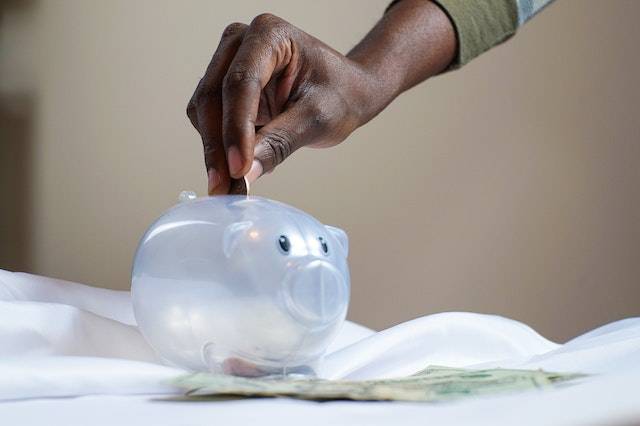There is a difference between buying smart and buying cheap, and it’s a difference that can make a big impact on money savings – not to mention, sanity. For example, you could forgo changing the oil on your vehicles to try to save money, but in the long run, you’re actually going to spend more on repairs for that vehicle. Or you could opt to buy a bottom-dollar laundry detergent only to have it leave stains on your children’s clothes, leading you to eventually buy more clothes more often.
Here are a couple items that I don’t think it pays to skimp on:
- Laundry detergent – As I mentioned above, it’s a lot cheaper to clean clothes with every wash than to buy more clothes to replace stained ones. Clothes aren’t meant to be disposable.
- Food – The cheapest foods in the grocery store are not the healthiest. They’re the processed, bad-for-your-metabolism kind, and while you’ll save money on these cheap food choices, in the long run, it’s your health that will suffer.
- Cleaning solutions – Be it that you have a homemade solution like vinegar and baking soda, or a favorite brand in the store, be sure that whatever you’re using to clean with actually cleans. As with clothes, carpets and other fabric textures aren’t meant to be disposable. And with countertops and tables, you want to be sure that they’re literally clean enough to eat off so you don’t inadvertently get sick from an unsanitary surface.
Also, be aware that you’re not doing something just because you don’t want to pay for it. If you have a vehicle, you need to get it serviced regularly and replace the tires when they’re worn. Your smoke detectors need to be replaced every two years (check your detectors’ guarantee) for most models sold in stores. If you have a suspicious-looking mole, you need to go to the doctor to get it checked out for possible skin cancer. If your child wears glasses, he needs an appointment every one to two years. Stalling, or completely opting not to do, some things just leads to more expense later on; for other things, it could seriously impact your health.
So, when you’re deciding whether or not to shell out the money for something, be sure to weigh the benefits with the risks.
In what ways have you found that it’s sometimes better to spend a little more to be able to save money over the long term?
- When Your Baby Is Clingy - March 2, 2013
- Crying as Sport? - July 10, 2012
- Attachment Parenting Isn’t Asking Too Much of Parents – Our Society Is - May 26, 2012



we do the cheapo detergent and i just have decided to let them wear out their clothes stained or not. im okay with them looking like they played in their clothes or have fun in their clothes, i definately can not afford the expensive stuff.
I think your point about making sure it really cleans is valid across the board… I’ve made homemade laundry detergent before that worked very very well on my clothes. Unfortunately it didn’t work correctly once we moved (different water) and was not good for diapers. I switched to EcoNuts, which with their laundry club equals the same price as homemade and work very well… I still make most of our cleaners, but yes you do have to experiment and find what works best for what you’re cleaning. That can be done on a tight budget though.
I will, however, buy specific brands on certain things (like shampoos, deoderant, food even) just because the
cheaper versions haven’t worked out for us (sometimes its the opposite
too lol) . We look for deals on those when we can and buy in bulk too.
Food… I don’t think those “cheap foods” are really cheaper than cooking from scratch. They can be… only if cooking from scratch is big fancy recipes all the time. Which I’ll admit I love to do when we can… typically though we eat “cheap” but healthy real foods.
The others I completely agree on. You have to take care of yourself and everything.